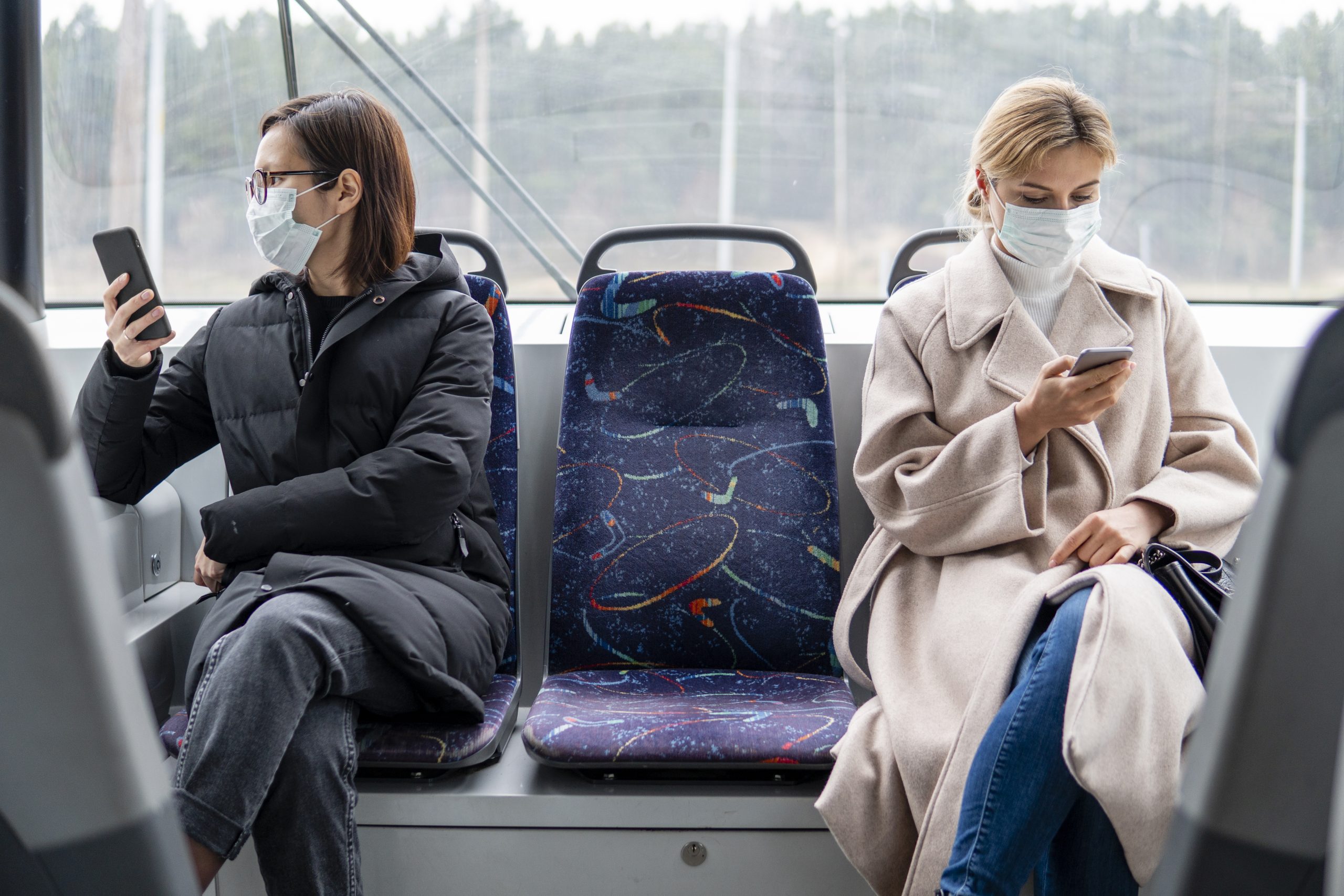
The World Health Organization (WHO) reminds countries to continue observing health protocols to curb the spread of the coronavirus.
Some of the health protocols are limiting public gatherings and keeping the vulnerable groups protected as they reopen businesses and services.
“The more control countries have over the virus, the more they can open up. Opening up without having control is a recipe for disaster,” WHO Director-General Tedros Adhanom Ghebreyesus said at a virtual news briefing from the United Nations headquarters in Geneva, Switzerland. “No country can just pretend the pandemic is over.”
Tedros mentioned the “four essential things that all countries, communities and individuals must focus on to take control.” According to him, countries must “prevent amplifying events,” such as gatherings at stadiums, nightclubs, and worship sites. He noted that countries and people can come up with “creative ways” to be social.
He noted that countries must prevent more deaths by protecting vulnerable people. These include older people, people with health conditions, and essential workers. He added observing health protocols will help save lives and ease the burden on health systems.
The WHO official said “individuals must play their part” by wearing masks, practicing social distancing, and washing their hands. He believes that governments can focus on testing, contact tracing, and isolating to avoid imposing stay-at-home orders.
“If countries are serious about opening up, they must be serious about suppressing transmission and saving lives,” he said. “This may seem like an impossible balance, but it’s not. It can be done and it has been done.”
Tedros mentioned the guidance published by WHO, and it is about how hotels, cargo ships and fishing vessels can safely operate as “part of our commitment to supporting every sector to reopen as safely as possible.”
Insufficient data
Meanwhile, Dr. Soumya Swaminathan, the WHO’s chief scientist, stressed that authorizing a Covid-19 vaccine too early and with insufficient data could lead to several problems.
“The risk of approving a vaccine prematurely for us is that, first of all, it will make it very difficult to continue with randomized clinical trials,” she said. “And secondly, there’s a risk of introducing a vaccine that’s been inadequately studied and might turn out to have a low efficacy, thereby not doing the job of bringing an end to this pandemic or even worse, have a safety profile that’s not acceptable.”
Moreover, she said that the emergency use of a Covid-19 vaccine must be done “with a great deal of seriousness,” because it could result in adverse side effects in some people. She noted that the decision must be based on safety and efficacy data.
“Scientists around the world are united in a call for agencies and for companies, and most companies have supported this stance, that the approval of a vaccine must be based on data from phase three clinical trials,” Swaminathan said.
“The difficulty and the the challenge with the vaccine is, at the moment, we’re moving from vaccinating tens or hundreds of people to now vaccinating thousands of people,” Dr. Mike Ryan, executive director of the WHO’s health emergencies program, said. “We need to get the safety and efficacy data from those studies. Because if you move too quickly to vaccinating millions or hundreds of millions or billions of people, we may miss certain adverse events that you won’t pick up with smaller numbers so you need to maintain monitoring.”






